By Micah-Rose Hoffman (UC Los Angeles)
In an increasingly polarized world, the ability to move fluently between two cultures, languages, and countries is more than just a skill—it’s a superpower. Growing up monolingual in a thoroughly American family, I envied my friends who straddled two worlds. They could switch languages and cultural codes as easily as changing clothes.
What I didn’t realize was that cultural identity isn’t something you have to inherit—it’s something you can create.
My semester in Bordeaux would teach me exactly that.
Becoming French Started at Home
My journey becoming French started before I even left my home country. I carefully fabricated my French identity long before I studied abroad. That’s not to say it’s not authentic, but something that I have earned and strengthened through perseverance instead of heritage.
Over the years of learning to speak the French language, I have earned every word and sentence. My effort shows my devotion to the language and culture, my care to become a part of their world.
As a result, people didn’t shy away from approaching me on the streets of Bordeaux, possibly because I look French. They would confidently speak French to me, assuming I was one of them. In a way, they weren’t entirely wrong.
There is a fragility to living inside another language. You are always paddling your feet to keep your head above water, and the process is indescribably satisfying. Unlike my bilingual friends who inherited their dual identities, I had to build mine from scratch. Each word, custom, and cultural nuance was a brick in the foundation of my new French self.
When I arrived in Bordeaux, I was at the point of fluency where I could speak in French without premeditation and often dream in French. Sometimes, I forget English words, and I’ve eaten more bread and cheese than I thought humanly possible. I was attuned to French customs: saying bonjour and au revoir to everyone, kissing cheeks as a hello, and intricate discussions about anything and everything except the forbidden topics.
Cultural Tip: In France, there are three topics considered too personal for casual conversation: money, religion, and work.
Where’s the homesickness they warned me about?
While other students battled homesickness and culture shock, I made a surprising discovery. What should have felt foreign instead felt like slipping into warm, familiar waters.
I made a conscious effort to have few expectations as I prepared to study abroad. Instead, I invested my time improving my French and reading about their culture. I learned about the stages of culture shock and adapting to a new country, which I felt prepared me to handle when it happened.
What I wasn’t prepared for was my absolute lack of homesickness.
Integrating into French life was like swimming in warm water. I looked around and saw people dressed like me, who liked the same literature and media that I like, and ate the way I eat. It wasn’t until my friend started longing for home—for In-N-Out burgers and Erewhon shopping trips—that I realized something unsettling about myself. While they dreamed of American comfort foods and familiar routines, I was finding comfort in places I’d never been before. What I anticipated to feel foreign was surprisingly familiar.
Identity Insight: Sometimes it takes leaving home to understand where you truly belong—even if that means realizing you never quite belonged where you started.
Living French: Creating a New, Second Identity
As a college student, we’re in a stage of “becoming” – and it’s what we’re meant to do. Through my study abroad program, I was able to create a second identity for myself, one that is entirely my own.
At the end of this semester, what I’ve taken away is this: You can be born and raised in a culture that never ends up resonating with you. You can also find home in a foreign country. I will never feel fully French or fully American, but I can claim these two parts of myself and call them my own.
Ultimately, I am changed by my study abroad experience—and it is a beautiful thing to be changed.
When I pack my bags to go home to California, I will carry an invisible backpack of experiences and knowledge that is much heavier than my luggage. I am gripping onto the culture I have intimately learned. I will hug my host family tightly when we say our goodbyes. I will reluctantly board the plane that will remove me from this country. France is my first love. The tenderness I have for it has shaped my perspective and informed my career path, my education, and most importantly—my identity.
Every student who studies abroad discovers aspects of themselves they never knew before. See more lessons and resources that can help shape your own study abroad journey:
- Not all students feel at home immediately when studying abroad. In fact, many experience feeling homesick – let’s talk about that.
- What happens when you come home from studying abroad? It’s often reverse culture shock, and it can be just as dramatic as what you may have experienced abroad.
- When you study abroad to become fluent, here’s a list of student-recommended tips to maximize your language learning abroad.
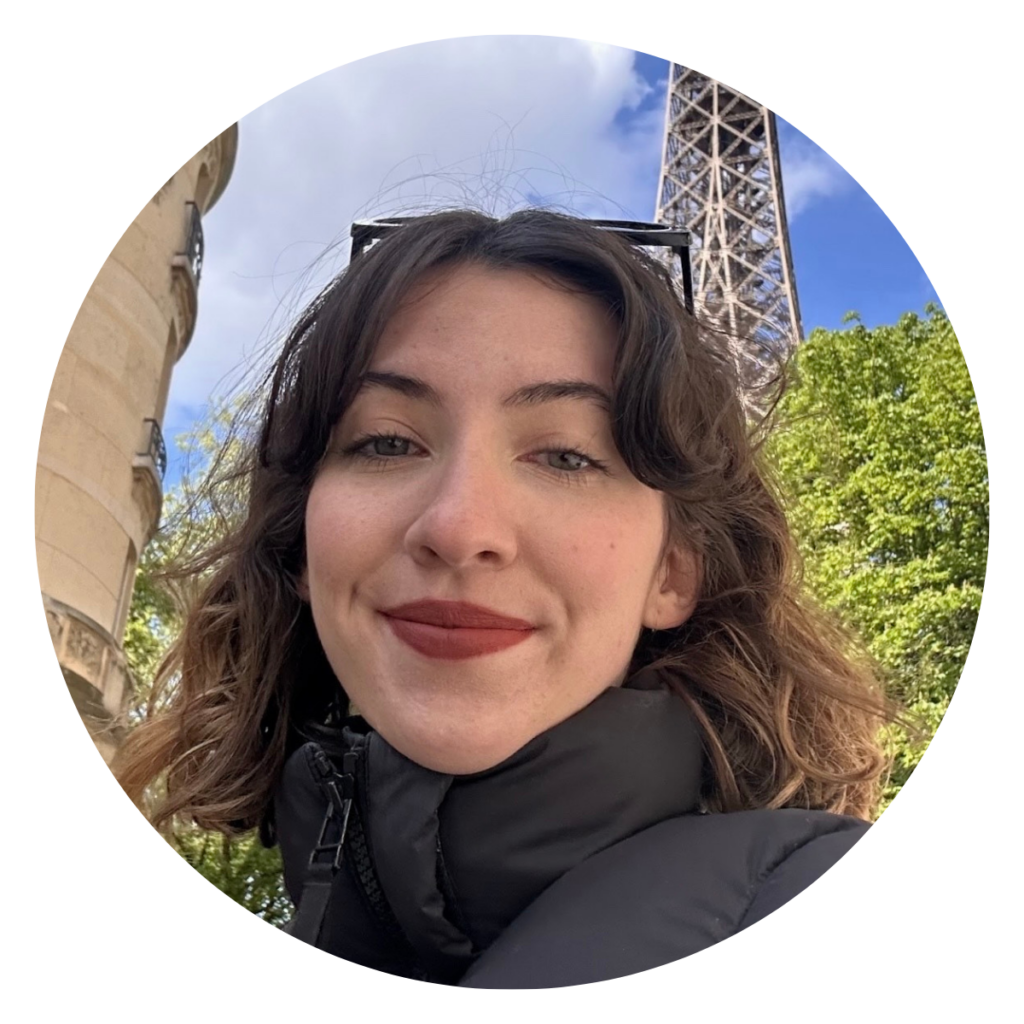

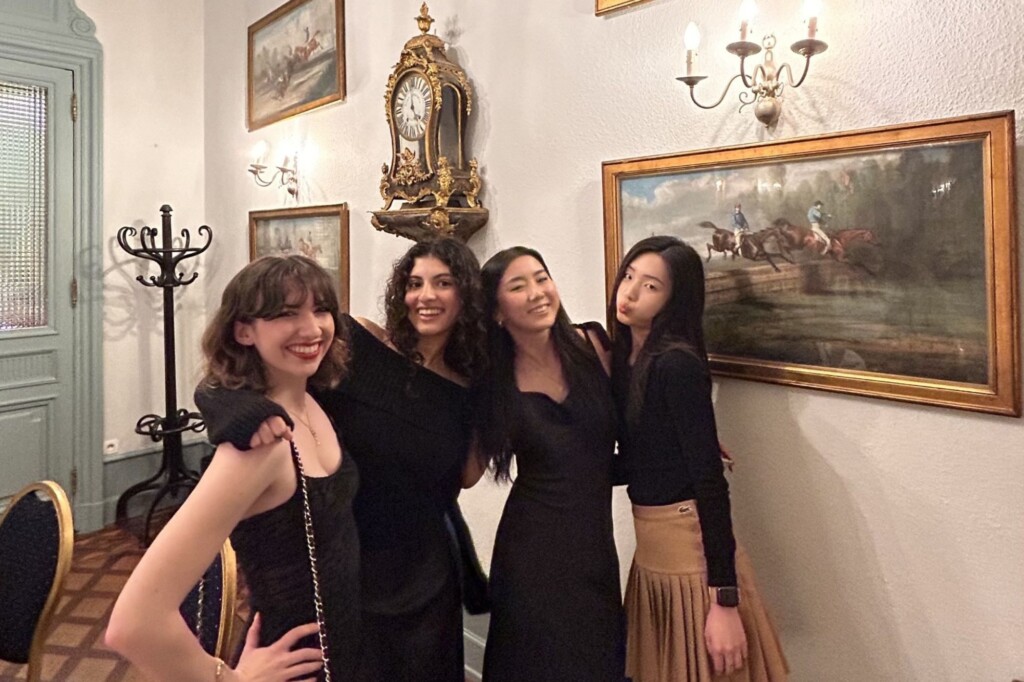
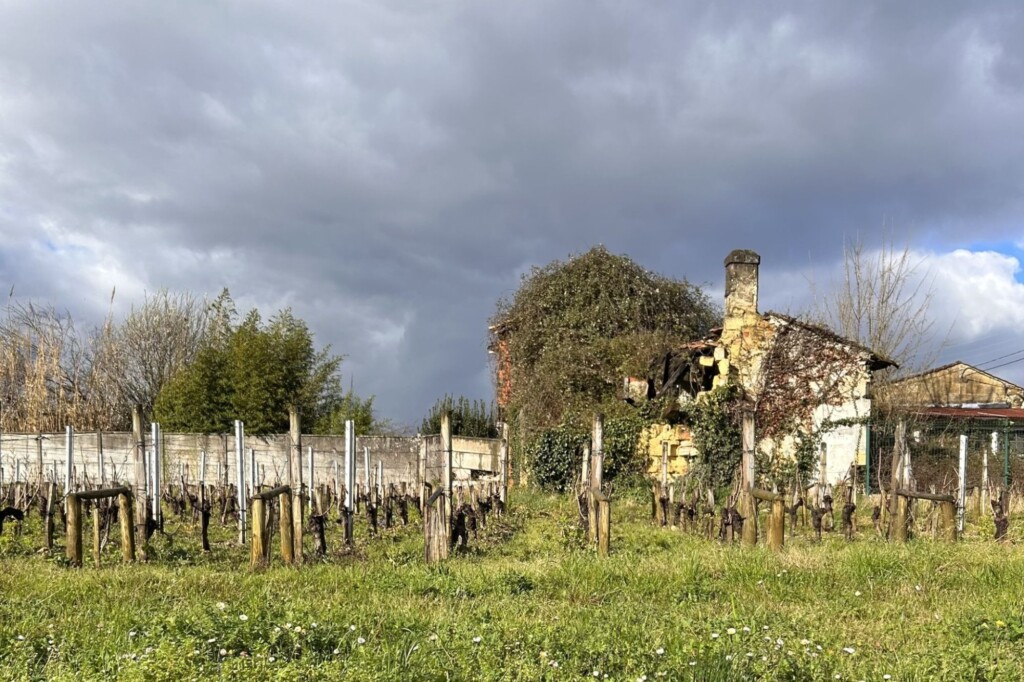
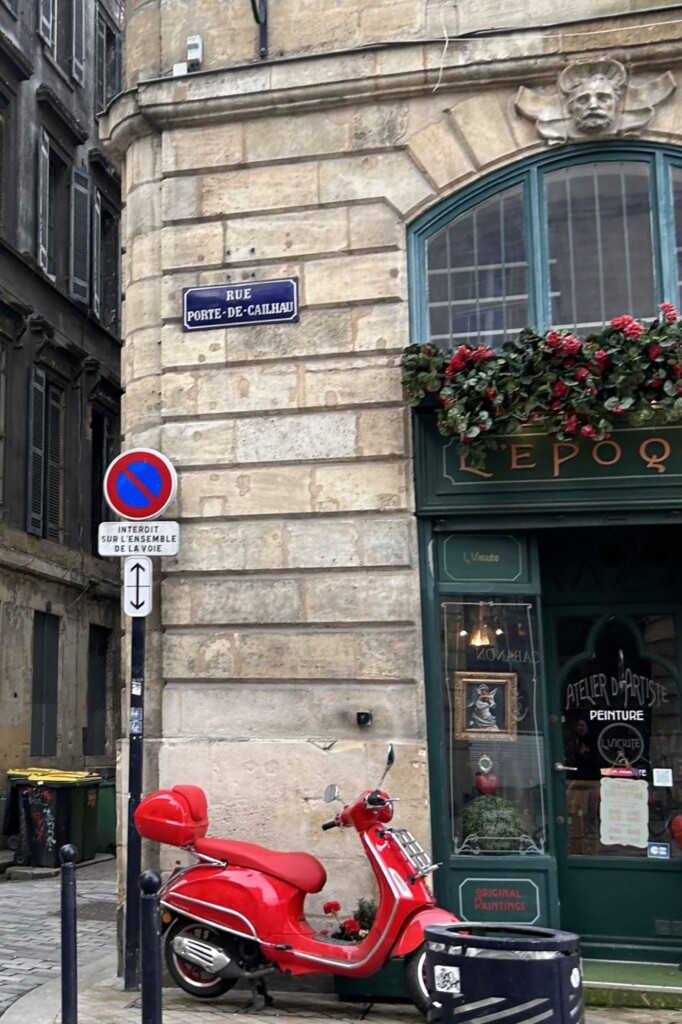
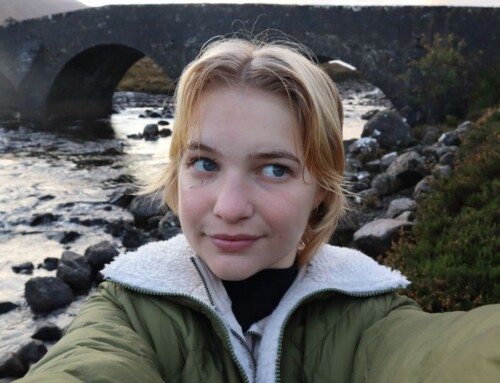
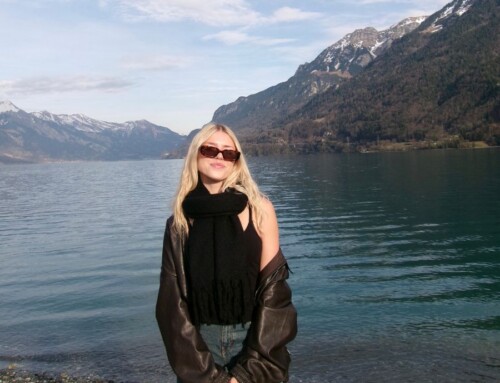

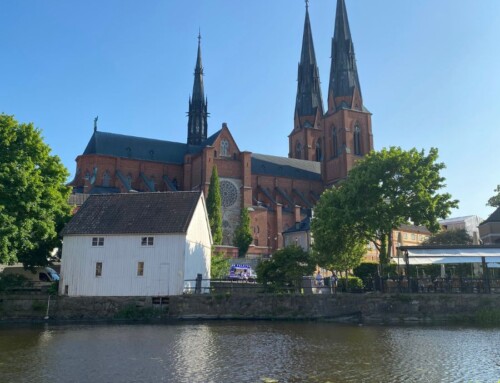
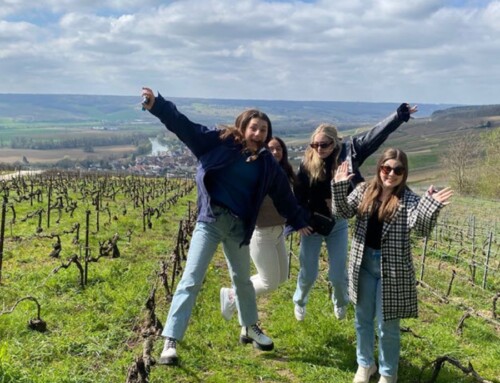

Leave A Comment